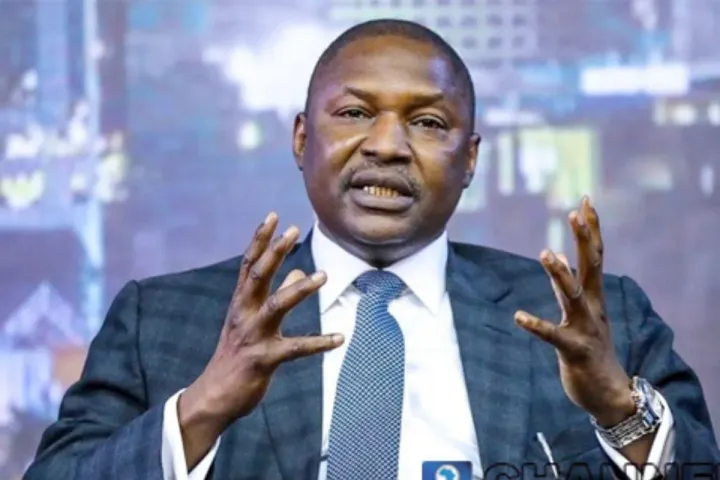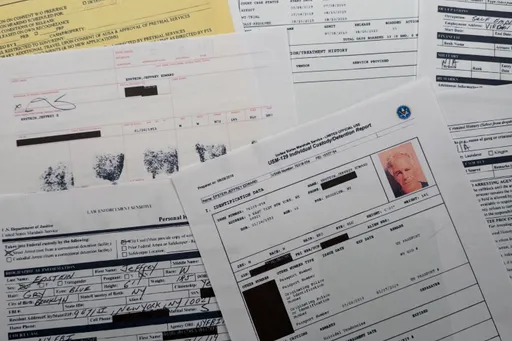It must have been a sobering reminder of their place in the international community. Those who have worked hard to make a name for themselves in the IT, telecom and pharmaceutical industries must have cringed. A recent survey ranked India’s passport at 85th place in terms of visa-free access to other countries, behind Colombia, Indonesia and South Africa.
India has produced thousands of dollar-millionaires in the last two decades. Gated colonies and expensive apartment complexes have sprung up in the capital New Delhi. But upward social mobility in the world’s fifth largest economy doesn’t mean wealthy people have the luxury of picking up their passport and jetting off abroad whenever they want.
Last year saw a 63 percent jump in the number of Indians who showed interest in buying residency or citizenship of another country, says Henley & Partners, a consultancy which claims to be the biggest in offering relocation services to high networth individuals (HNWIs).
A HNWI is someone categorised as having assets worth at least one million US dollars.
Henley opened an office in New Delhi last year as the Covid-19 pandemic ripped through the country, killing thousands and forcing businesses and schools to shut.
“Our Indian clients come to us for the same reason the vast majority of our clients come to us in that they have reached a level of wealth where they have a more global mindset. They want to travel wherever and whenever they want,” said Paddy Blewer, Henley’s PR head.
As opposed to putting money in citizenship-by-investment schemes, most of Henley’s Indian clients are opting for residency-by-investment programmes, which do not require giving up their citizenship. India does not allow dual citizenship.
Blewer said the perception that rich Indians are spending money to permanently move out of their country is wrong.
“This is about taking advantage of global opportunities. They are not leaving their country. It’s not like they are selling their companies and everything and moving somewhere else,” he said.
Henley does not share much details citing client confidentiality. But Blewer said many of its clients also come from the Indian diaspora which settled in places like the UAE years ago.
In recent years some European Union member states and small island countries such as Malta and Cyprus have banked on a growing appetite for their passports. They have put a price tag on their citizenships and residencies to make money.
Those who don’t want to give up their citizenship but want the ability to travel freely have the option of investing in residency programmes.
For instance the golden visa scheme of Greece allows you to buy residency. Being an EU member, its residents can easily travel across Europe.
While a HNWI in India might not face a lot of problems in getting a Schengen visa, his family members have to deal with long delays, said Henley.
Nothing like a new home
Even though Henley insists that a higher interest by Indians doesn’t indicate that HNWIs are moving abroad, some reports suggest otherwise.
A 2018 survey by Morgan Stanley Investment Management found that 23,000 dollar-millionaires left India between 2014 and 2018.
That correlates with the capital outflow figures. Between 2014 and 2019, India’s outward remittances were recorded at $45 billion compared to $5.45 billion in the 2009-14 period.
India is home to more than 330,000 HNWIs and thousands more are joining the ranks every year.
Even as the rich in India have insulated themselves in guarded enclaves, they can’t escape the destitution and despair that surrounds them. High rises in Mumbai are not far from shanty towns where sewage runs in open drains and crime is rife.
India’s neighbor Pakistan has also emerged as one of Henley’s important markets.
“Investment migration is a major solution to volatility – it provides a hedge against devaluation of wealth and corporate assets and also against political risk,” said Blewer.
“Covid is, in its own way, a major volatility event, just as the 2009 global liquidity crisis was a major volatility event that acted as a major growth catalyst for investment migration.”
When it comes to residency schemes, Canada and Portugal are the preferred destination for Indians.























